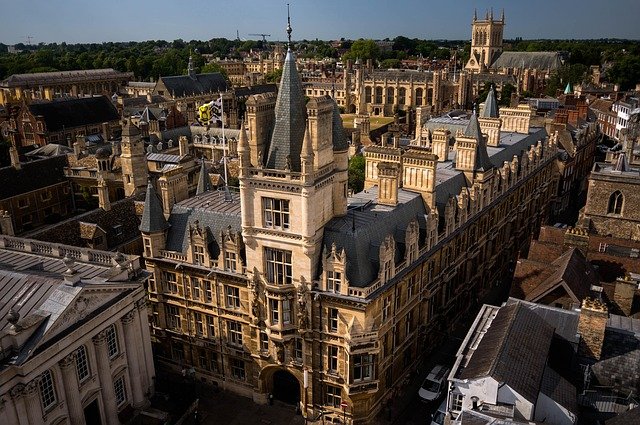Ludwig Maximilian University of Munich (LMU Munich) is one of Europe’s oldest and most renowned universities. Founded in 1472, LMU has built a legacy of academic excellence, intellectual freedom, and world-class research. Located in the heart of Munich, Germany, it is recognized as a leading institution for humanities, natural sciences, medicine, law, and social sciences.
Academic Excellence and Diverse Programs
LMU offers a broad spectrum of undergraduate, graduate, and doctoral programs across various disciplines. With 18 faculties, it caters to more than 50,000 students, including thousands of international scholars from around the world. The university is known for its rigorous academic standards and its commitment to providing a comprehensive, research-oriented education.
From philosophy and history to biology and physics, LMU fosters a deep academic environment that supports both critical thinking and innovation.
Research Leadership
LMU is a hub for cutting-edge research. It is part of Germany’s Excellence Strategy, which promotes top-level research at selected universities. LMU researchers are involved in groundbreaking work in fields such as biomedicine, quantum mechanics, climate science, and political theory.
The university collaborates extensively with leading institutions, including the Max Planck Society, Helmholtz Association, and international partners. Many Nobel Prize winners have been affiliated with LMU, a testament to its global academic influence.
International Reputation
LMU consistently ranks among the top 100 universities in the world and is frequently listed as one of the top two universities in Germany, alongside the Technical University of Munich (TUM). It has a strong global network, offering numerous exchange programs, joint degrees, and partnerships with universities across Europe, North America, and Asia.
The university attracts a diverse and talented student body, making it a vibrant place for cross-cultural exchange and international collaboration.
Campus Life and Facilities
Located in the lively city of Munich, LMU provides a dynamic environment both academically and socially. Students benefit from modern libraries, laboratories, museums, and lecture halls, as well as cultural and recreational opportunities throughout the city. Munich’s blend of tradition and innovation mirrors LMU’s own character.
Notable Alumni and Impact
LMU’s alumni include philosophers like Max Weber, scientists like Werner Heisenberg, and numerous influential figures in politics, business, and culture. Its impact spans centuries, making LMU a cornerstone of European intellectual life.
Conclusion
Ludwig Maximilian University of Munich stands at the intersection of tradition and innovation. With its historic roots, global recognition, and forward-thinking research, LMU continues to shape the academic and cultural landscape of Germany and beyond.
